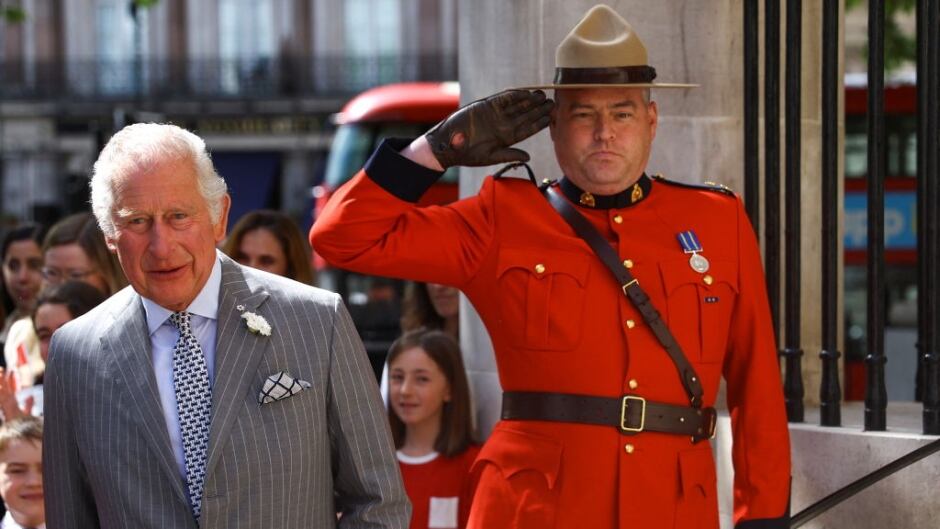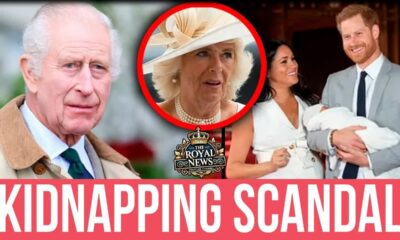Must Read
King Charles’ Coronation to Emphasize Environment and Climate Change Concerns
The coronation of King Charles is set to be a historic and momentous occasion, with the British royal family aiming to create an event that the entire country can enjoy.
Taking inspiration from his daughter-in-law Catherine, King Charles plans to organize a meaningful ceremony that reflects the concerns of his reign.
Dr. George Gross, a Visiting Research Fellow in Theology at King's College London, suggests that environment and climate change will play a significant symbolic role in Charles' coronation.
This emphasis on environmental issues is fitting considering the extensive work Charles has done in this area for decades.
Just as Catherine and William incorporated elements of their beloved countryside into their royal wedding, Charles may utilize similar symbolism to share his vision of the future with the British public as he officially ascends the throne.
Dr.
Gross explains that coronation services throughout history have always conveyed a message, whether it be one of continuity, a clear break with the past, or a specific message.
Queen Elizabeth II's coronation, for instance, marked a new age and a departure from the fashioning of the past, signifying freedom from the aftermath of World War II.
In Charles' case, it is expected that the message will revolve around climate change.
Drawing inspiration from William and Catherine's wedding, where trees were lined up, it is likely that Charles will incorporate a similar element into his coronation.
Planting trees across the country could serve as a powerful symbol of his commitment to the environment, considering climate change has been a prominent topic throughout his life.
Catherine's wedding to the heir to the throne 12 years ago showcased this dedication to nature.
More than four tonnes of foliage, including eight 20-foot-high trees, were ordered to replicate the English countryside within Westminster Abbey.
English field maples were carefully placed to create a living avenue through which the bride walked to the altar.
These seasonal trees were selected for their ability to be replanted after the wedding, demonstrating an environmentally friendly approach.
In 2012, it was revealed that King Charles had sought Catherine and William's approval to plant several of these trees in front of his residence in Newel-in-Wyrmode, Wales.
This decision further exemplified his commitment to the environment.
During the coronation, one of the key themes that King Charles is expected to convey is his unwavering dedication to the climate change campaign he has championed for decades.
Additionally, there is speculation that Charles may break with tradition and allow television coverage of his anointing, the Church of England's most revered event.
This gesture would demonstrate his desire to be a welcoming monarch to both Britons and people in other realms.
Dr.
Gross believes that the guest list for the coronation will be smaller than the 8,000-plus attendees at Westminster Abbey in 1953, sending a signal about the nature of Charles' reign.
Furthermore, the involvement of multi-faith leaders within the service will also convey a message.
The coronation may resemble the Commonwealth Day services held at Westminster, where a diverse array of religious leaders from different denominations participate.
Overall, the coronation of King Charles promises to be a truly unique occasion that will be remembered for years to come.
All eyes will be on the day to see how Charles incorporates elements that encapsulate his reign, particularly his focus on the environment and climate change.




































